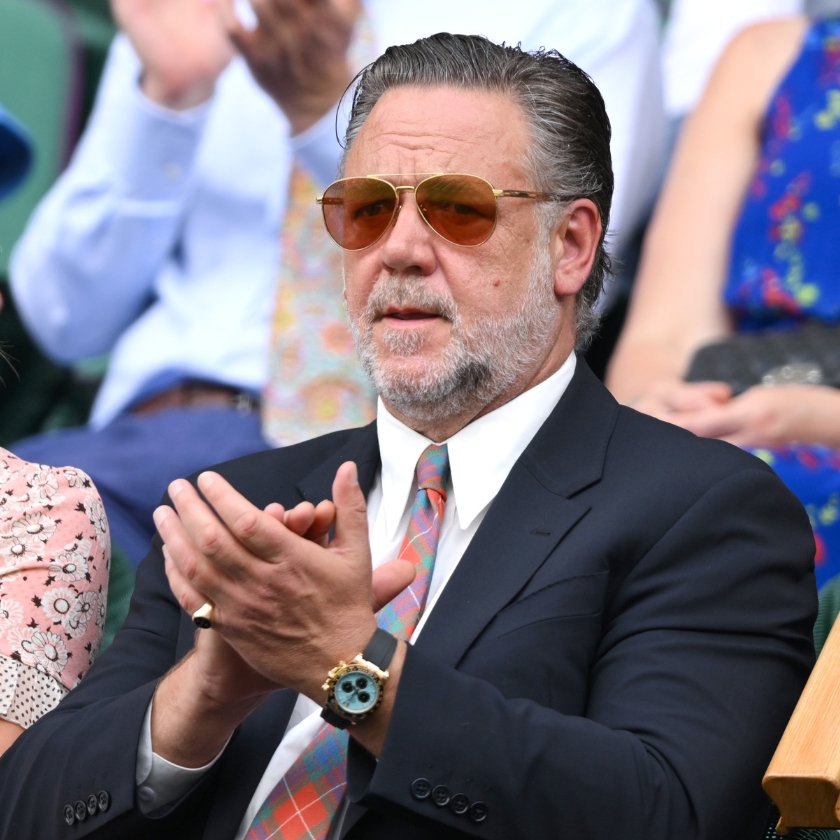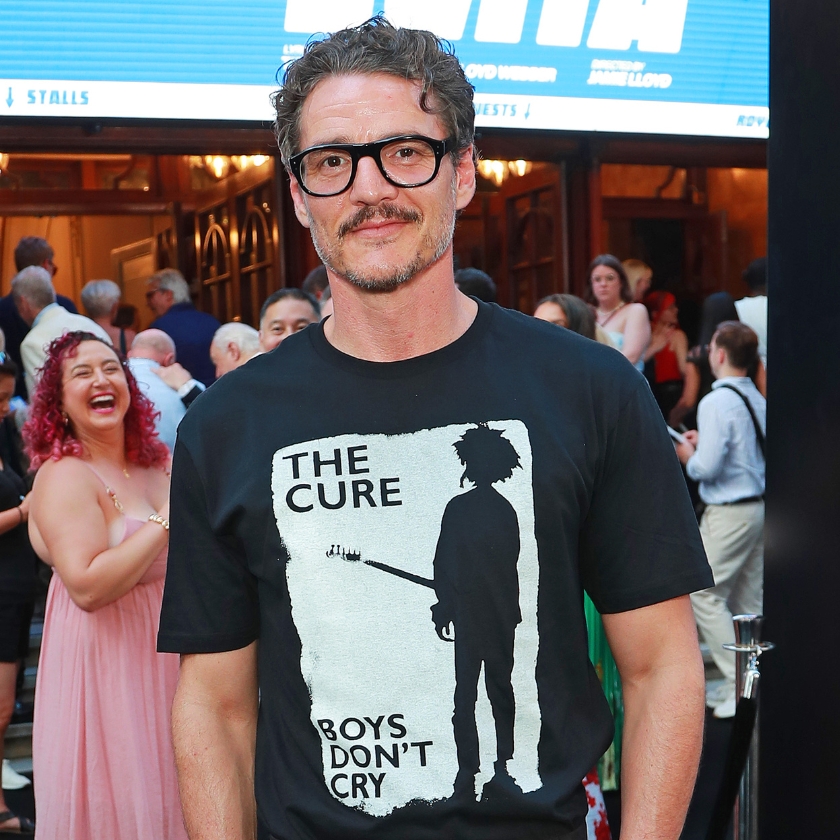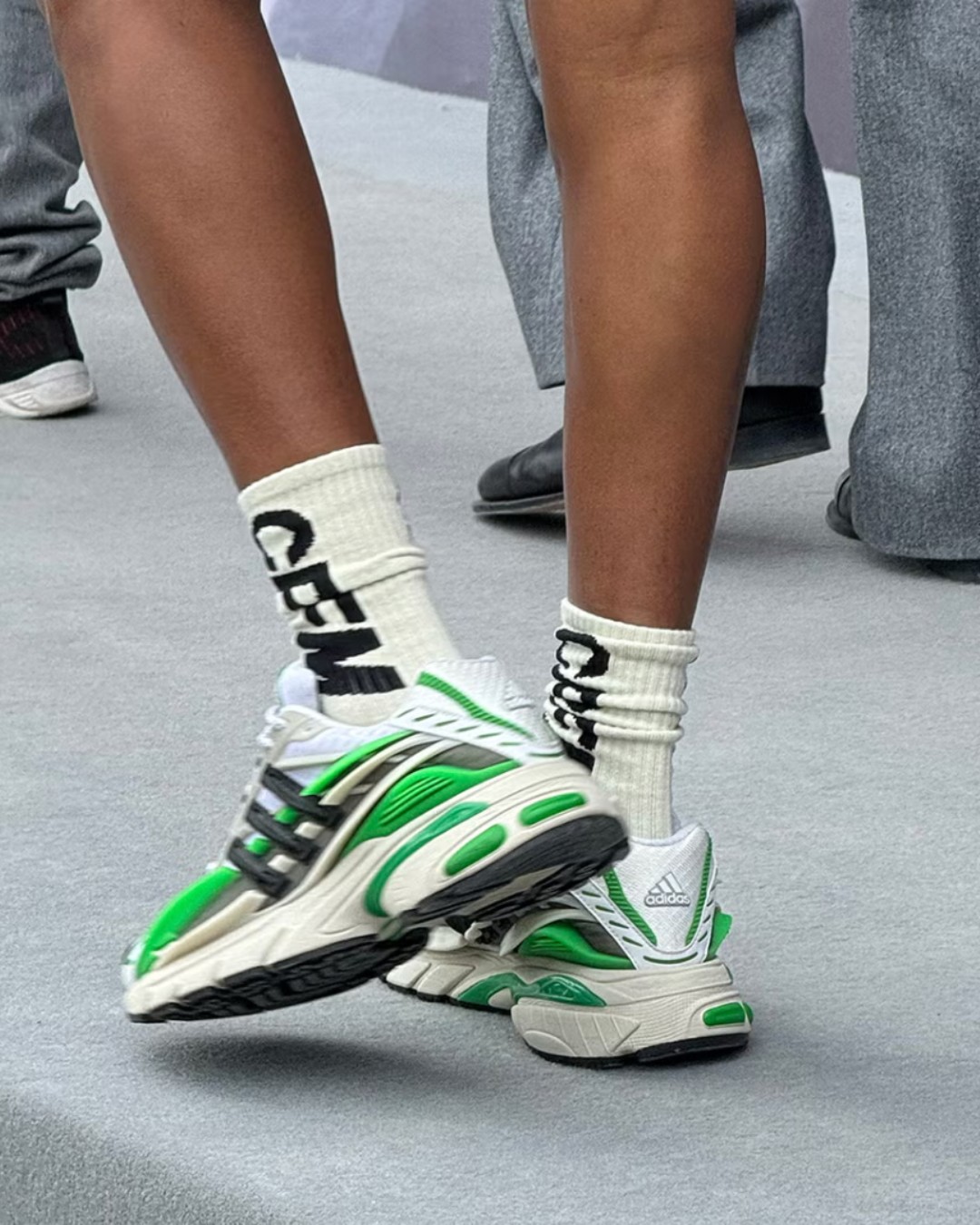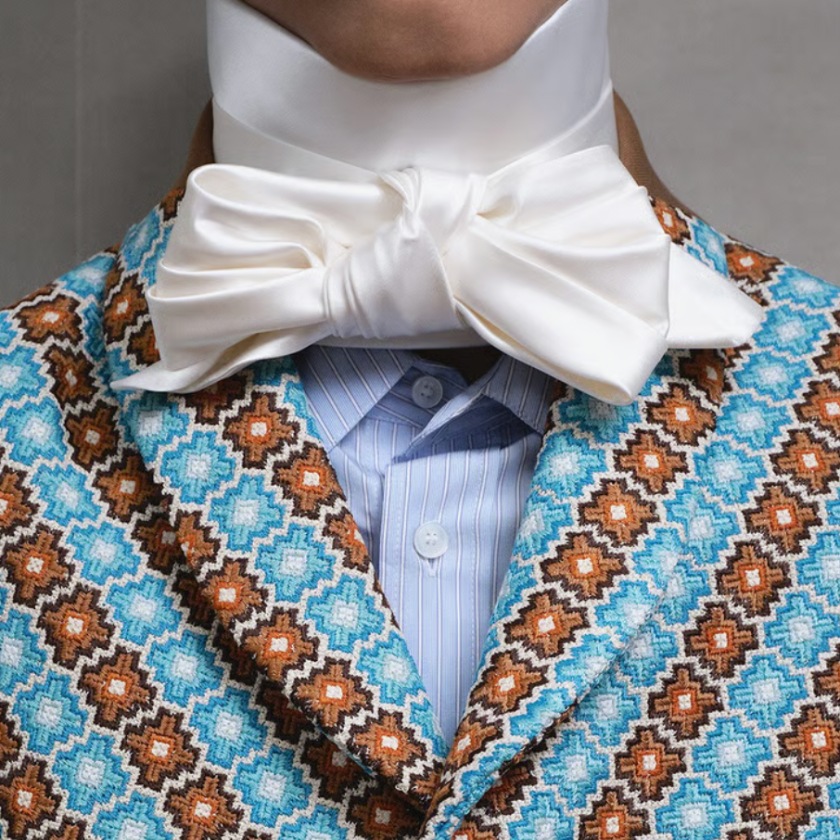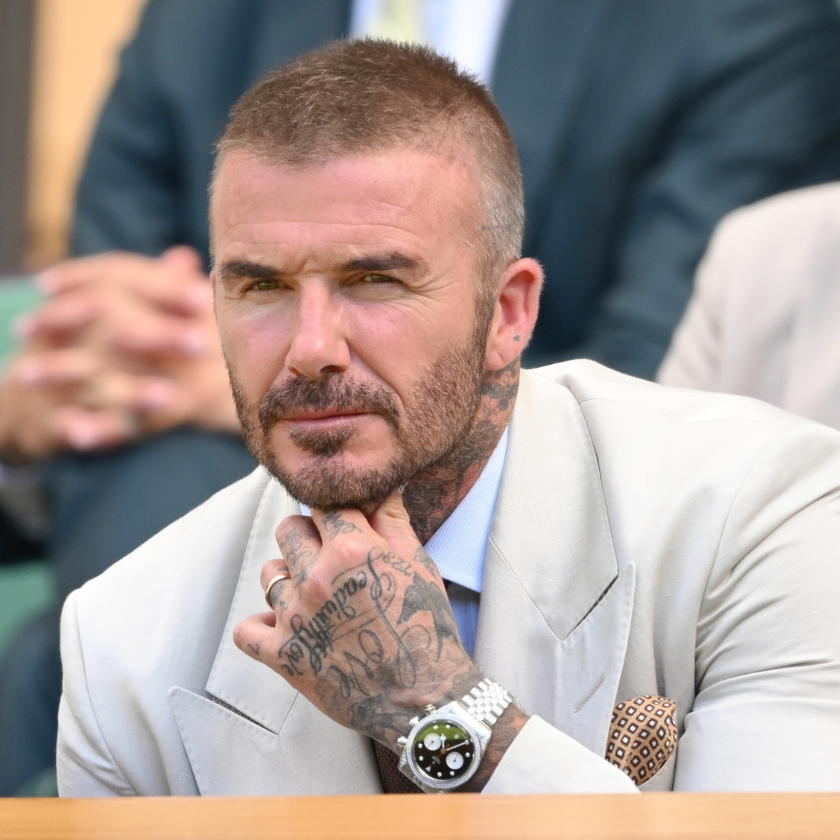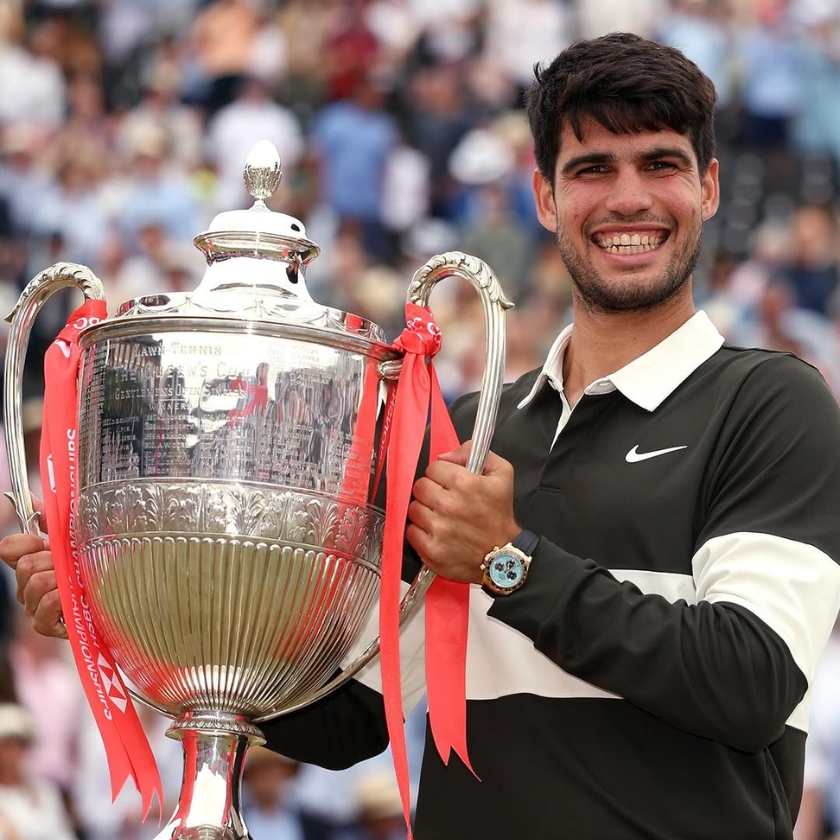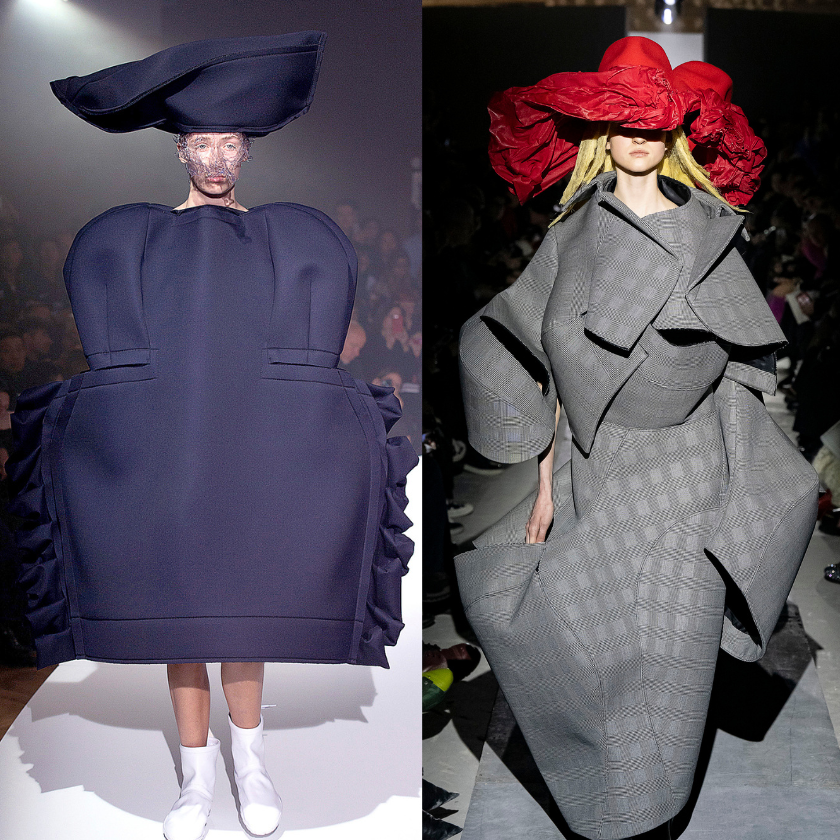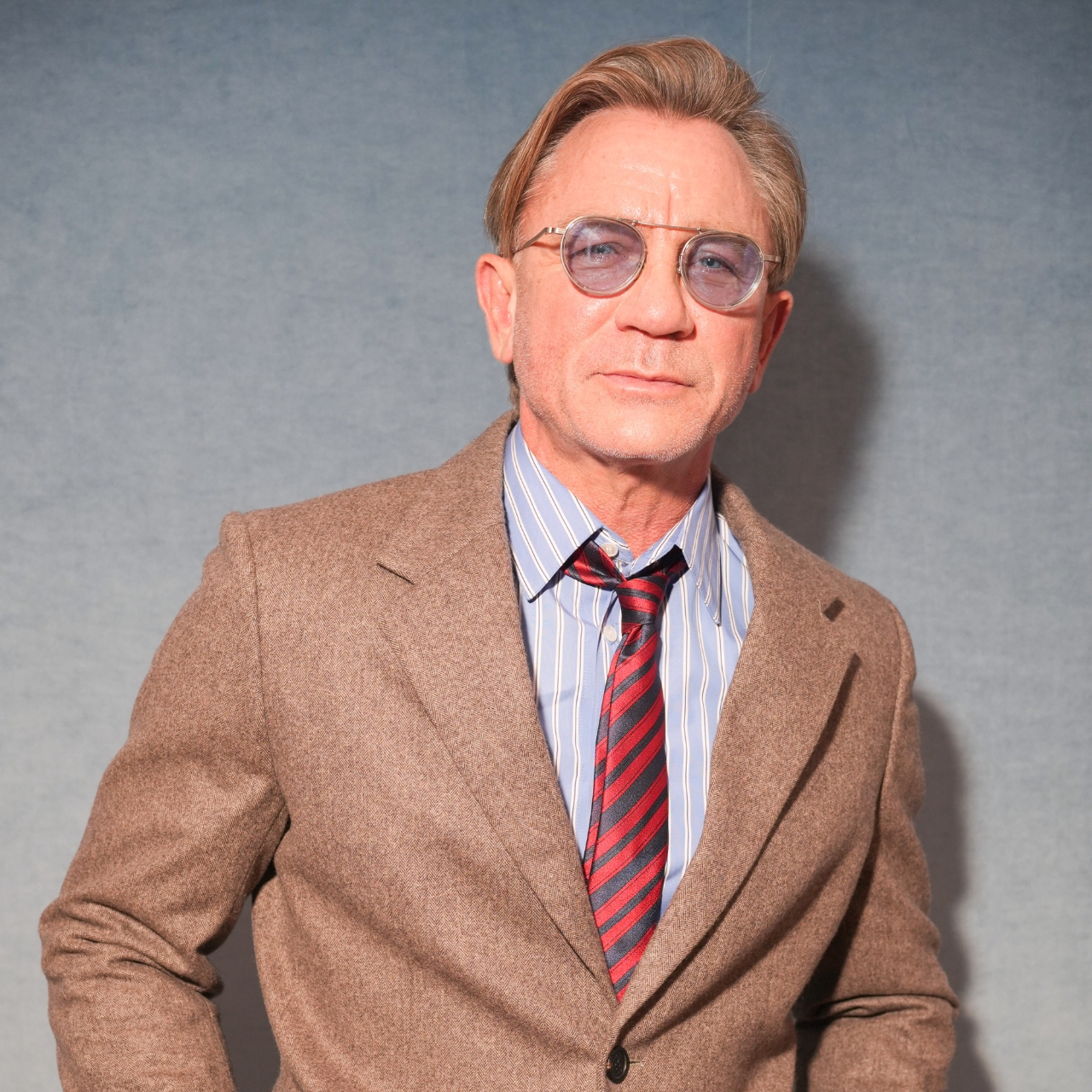There’s more to come from Australia’s golden boy, Keegan Palmer
Olympic skater Keegan Palmer sat down with Esquire for a chat about the importance of personal style, how his Golden Goose sneakers helped him win gold, and what comes next
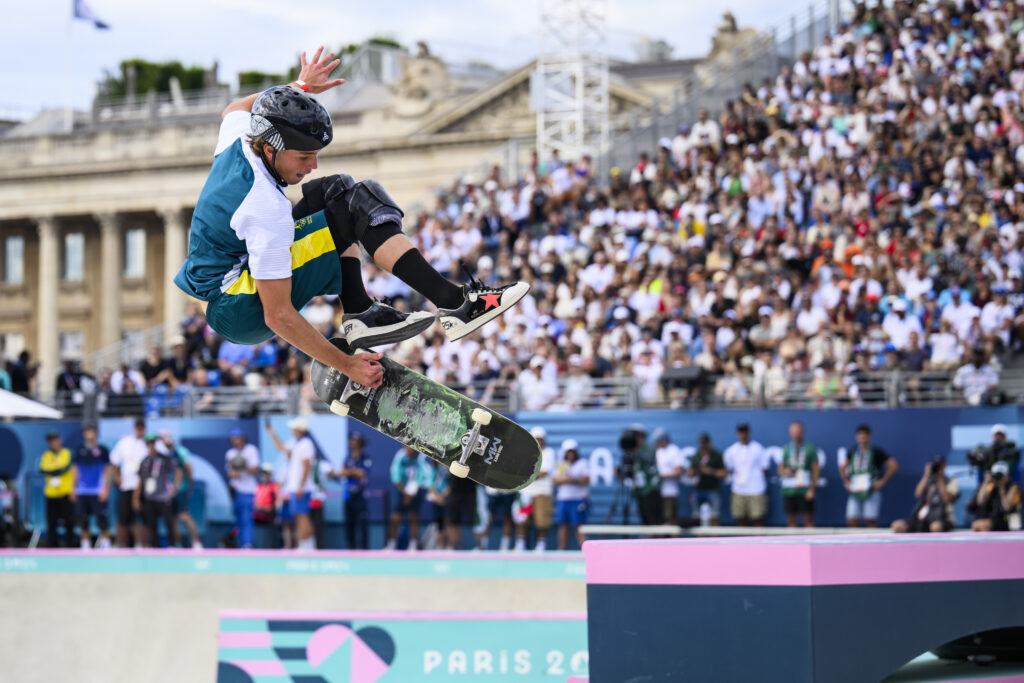
KEEGAN PALMER IS decompressing after an exceptionally busy couple of weeks. Just 14 days ago, Palmer won his second Olympic gold medal. Now, a few intercontinental flights later, he’s already preparing for his next big competition, but he can spare a few minutes to walk Esquire through his historic victory. “I mean, for me, it’s just an incredible achievement,” Palmer says of his latest gold medal.
With an easy-going nature, flowing blonde hair and tendency to throw the word ‘sick’ into every second sentence for good measure, Keegan Palmer is exactly how you’d picture an Olympic skater. Although, with an accent stemming from the American West Coast – a side effect of living in San Diego – perhaps not an Australian one. While he was born in the USA and spends most of his time there, Palmer lived in Queensland until he was 15 and represents Australia in international competition – something the nation should be eternally grateful for, considering how he’s fared at the Olympics.
Palmer’s most recent gold medal was never really in doubt. He had the best score in the qualification round and led the final from start to finish, notching the winning score of 93.11 during his opening run. The wider importance of his gold medal is worth noting too.
With his victory in the skateboarding park final, Palmer’s gold was Australia’s 16th of the Paris Olympics. It came on the day of the now-fabled gold rush that delivered four gold medals before most Australians had even woken up, solidifying the nation’s best ever Olympic campaign. “It was an honour, too, because the day that I won gold was such an important day for Australia. It was sick to be a part of that and help the gold medal tally go up,” Palmer says.
Paris was Palmer’s second Olympics, but it played out much differently than his first. At Tokyo 2020, COVID precautions meant that attendance at Olympic events was limited to athletes, officials and team staff. No fans. Paris represented a chance for Palmer to finally get the full Olympic experience. “It’s been a dream of mine to skate in front of a soccer-style stadium and we kind of had that,” he says. “The vibe was so intense, like the concrete was almost shaking because there were so many people there.”
For Palmer, his Paris gold was vindication from the detractors who played down his previous medal. “I was able to show people that the first one wasn’t a fluke and really set the legacy that I want,” he says.
At Tokyo 2020, Palmer was just 18 years old and hadn’t yet established himself as a perennial contender at global skateboarding events. As such, he wasn’t favoured to medal, with his finish atop the podium coming as a shock to many, including Palmer himself. “My Tokyo gold was really important for me at that stage in my career because I was really able to put my name out there as one the best skaters in the world.” Paris cements his legacy.
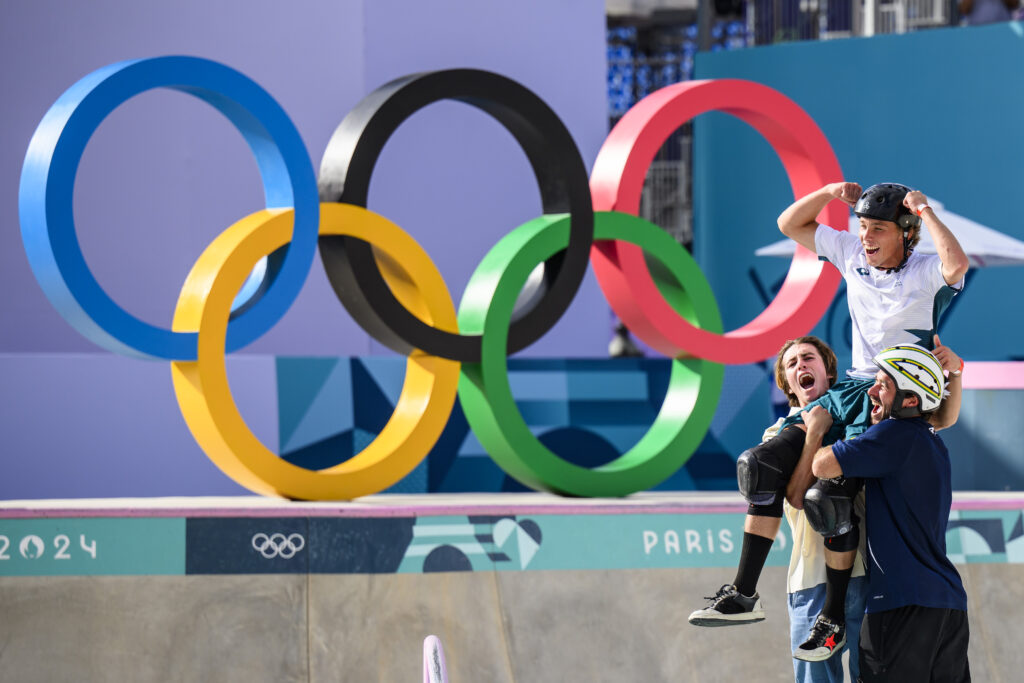
Palmer credits a good deal of his success to his kicks – a pair of newly released Golden Goose Ball Star Pros that he wore during the Olympics. Athletes were limited to wearing official team uniforms in Paris, but skaters were afforded the luxury of being able to choose their shoes. This allowed them to add their own flair to their uniforms, and as Palmer says, perform at their best. “If you look good, you feel good and you’re gonna skate good.”
“I enjoy my fashion and my clothes and stuff like that. I like to wear my big pants, my baggy t-shirts, my big sweaters and of course, my skate shoes,” Palmer continues, explaining his choice in clothing. Australia’s golden boy is a big fan of Golden Goose, and he doesn’t hold back his praise for the brand. “Dude, Golden Goose is so awesome,” he says. “I helped design the shoe that I was wearing, and you could say it’s like the ‘Keegan Palmer signature shoe’. It was a learning experience for me, I really enjoyed that.”
Designing the perfect skate shoe isn’t simply a matter of aesthetics. It has to look good, but it also has to feel right, provide the requisite amount of grip, balance and allow for complete freedom of movement, as Palmer explains. “A lot of trial and error is involved. We have to make sure everything is up to date and over time we need to change the sole, the gum and the material to make sure that it’s still what will help me skate at my best.”
For Palmer’s new Ball Star Pro, both style and functionality informed the design process. Palmer’s kicks are a performance model, with an exposed TPU strap and Velcro fastener ensuring a locked-in fit with no room for slippage. Special supports, a front pad and a rear spur were all incorporated into the design to reduce impact, which is critical in skating. Stylistically, the shoes channel an undeniably retro vibe, with a lived-in effect visible on the black leather and suede upper complemented by a bright orange star on the side.
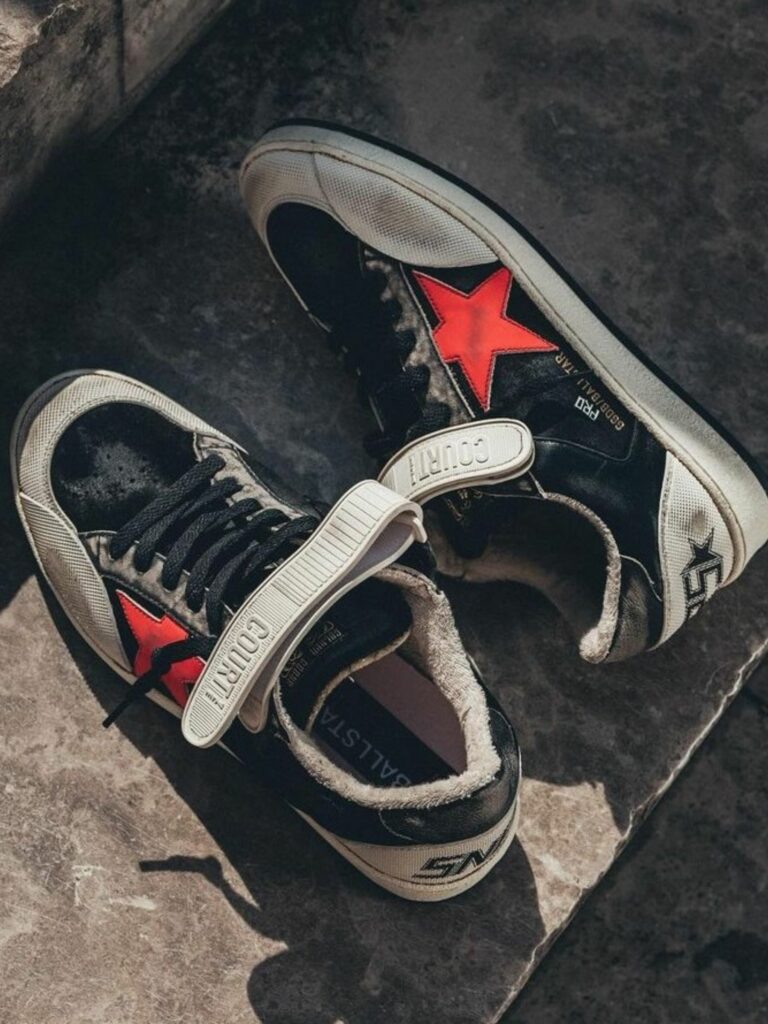
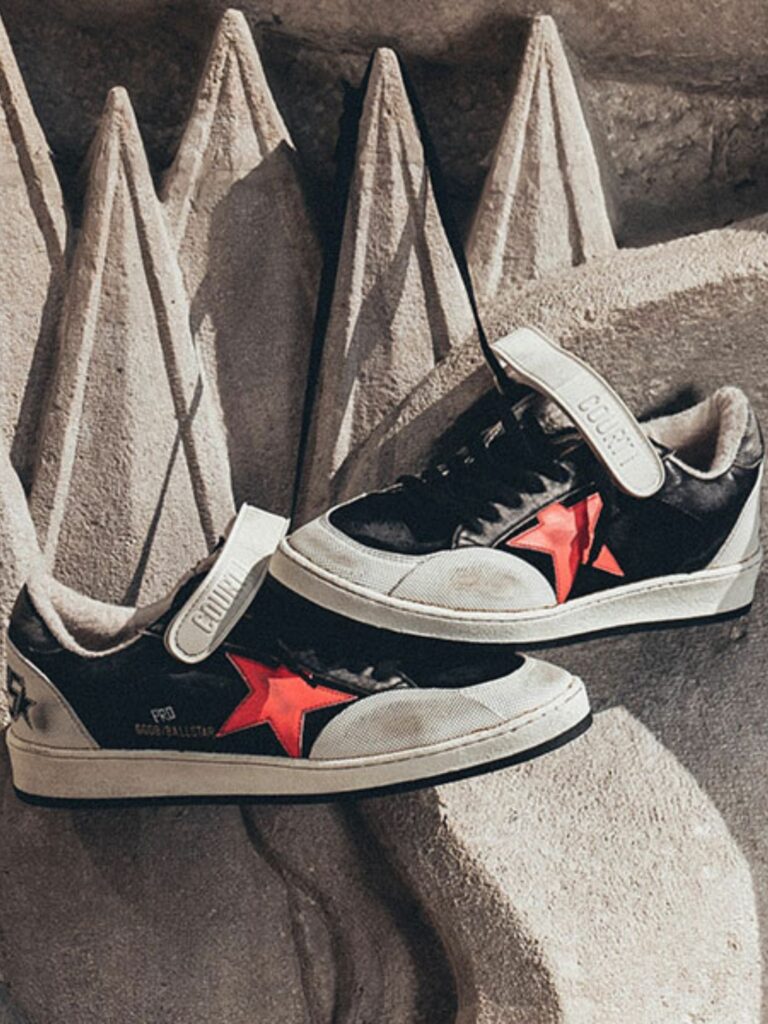
At just 21, Palmer is already a two-time Olympic gold medallist, but we can’t help but think he’s just getting started. He feels the same way. “Oh yeah, 100 per cent dude”, is Palmer’s response when we ask if he sees more gold medals in his future. “I’ll still only be 25 at the next Olympics and 29 at the one after that, so as long as I’m keeping up with the new generations coming through and keeping my body intact, I think I should be able to keep winning medals for a long time.”
In a sport that almost invariably skews young, Palmer is no longer considered an up-and-comer, but a seasoned veteran. It’s a term that might sound ridiculous when attached to a 21-year-old, but it’s only appropriate considering the competition. Skater Arisa Trew is Australia’s youngest ever gold medallist at just 14 years of age. The American representatives in Palmer’s discipline, Tate Carew and Gavin Bottger, are just 19 and 17. Palmer himself was only 18 when he won his first gold medal.
Still, Palmer remains on top of the world as the only man to ever win Olympic gold in skateboarding park. He doesn’t plan on relinquishing that title either. When we congratulate him one final time on winning yet another gold medal, Palmer calmly replies “More to come.” We agree.
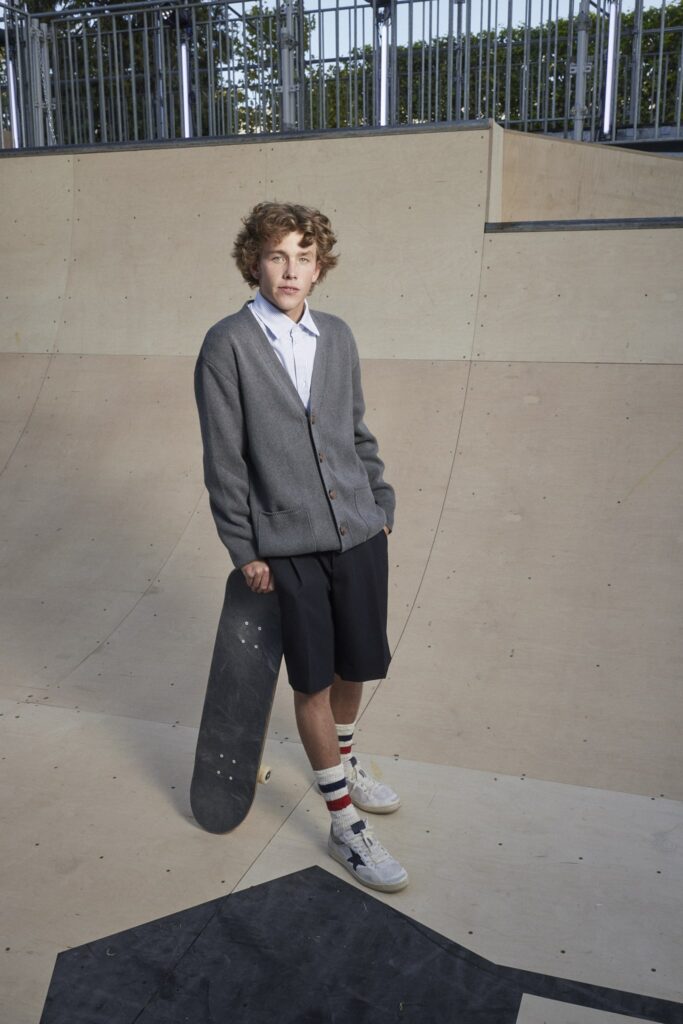
Related:
The unofficial MVP’s of Paris 2024
The countries that pay their athletes for winning Olympic medals












